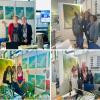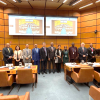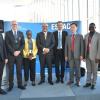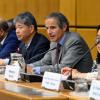Status Update on Rays of Hope
Status Update on Rays of Hope
- 04 February 2022
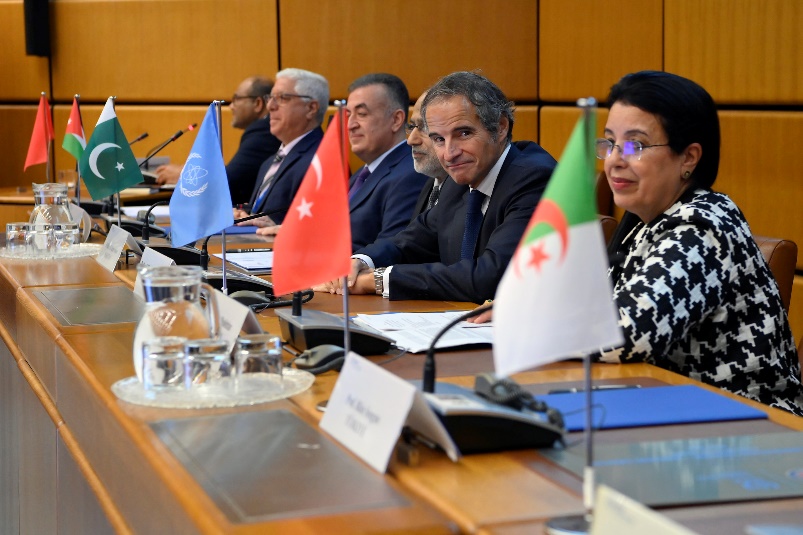
On the margins of the IAEA GC67 a side event ‘Status Update on Rays of Hope’ has been organized to mark the progress done since the lunching of Rays of Hope initiative on February 4, 2022.
IAEA Director General Rafael Mariano Grossi in his opening statement showed that there is a need to scale up that support so that we can do more towards closing the growing gap between the challenges our Member States face and the tools they have to overcome them.
During the side event, Minister of Health of Malawi, HE Khumbize Kandodo Chiponda, appreciated the IAEA and donor support in assisting Malawi to establish its first radiotherapy facility. She said, “We are a testimony of what the initiative is doing in terms of training our young scientists in nuclear related fields, providing expert services and procurement of radiotherapy equipment. As a country, we are delighted that very soon we will be able to treat our patients in Malawi”.
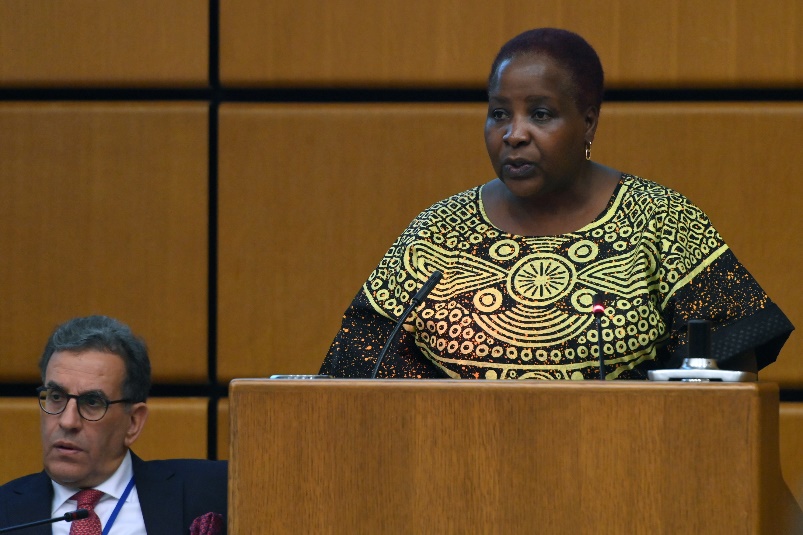
At present, forty (40) African Member States have joined the Rays of Hope Initiative. The first batch of Seven countries in Africa which include Benin, Chad, Democratic Republic of the Congo, Kenya, Malawi, Niger and Senegal are being supported to meet their priority needs.
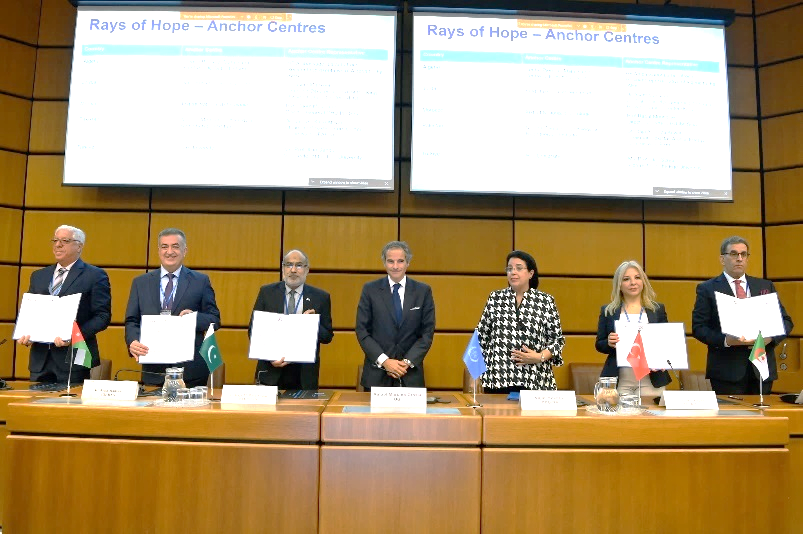
Since the launch of the initiative, the first wave countries have received funding from donors and partners for training and procurement of various key radiotherapy and medical imaging equipment. The training will be supported by Anchor Centres in six countries (Algeria, Egypt, Ghana, Morocco, Nigeria and South Africa) that have requested to be anchor centres. Two of them, the University Hospital Centre of Bab El-Oued and Pierre and Marie Curie Cancer Centre (Algeria) and Institut National d'Oncologie (Morocco) were among the first five Anchor centres to sign the Agreement with IAEA together with King Hussein Cancer Center (Jordan), Atomic Energy Cancer Hospital, Nuclear Medicine, Oncology and Radiotherapy Institute, Islamabad (Pakistan) and Ege University Faculty of Medicine (Türkiye).
Felix Omonya, PMO, TCAF

